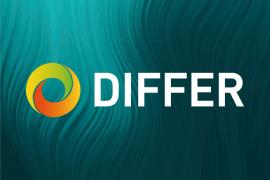Material issues pose a significant challenge for future fusion reactors like DEMO and highly integrated approach is required. Cracking, oxidation as well as fuel management are driving issues when deciding for new materials. Neutron induced effects e.g. transmutation adding to embrittlement are crucial to material performance. Here advanced materials e.g.
DIFFER
Events (archive)
